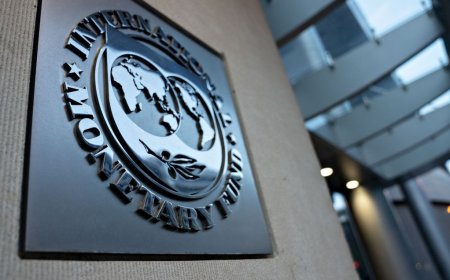A 50% increase in technological efficiency could lead to the loss of 1.8 million jobs in Bangladesh, according to BIDS
A 50% increase in technological efficiency could lead to the loss of 1.8 million jobs in Bangladesh, according to BIDS

A 50% improvement in technological efficiency could potentially result in the loss of approximately 18 lakh jobs in Bangladesh, with the textile and ready-made garment (RMG) sectors bearing the greatest impact, according to a study conducted by the Bangladesh Institute of Development Studies (BIDS).
The findings were presented at a session titled "Technology, Supply Chain, and Employment in Firms" during the Annual BIDS Conference on Development 2024, held in Dhaka on Sunday. The analysis was based on the Solow growth model.
Farhin Islam, a research associate at BIDS, highlighted that the RMG sector alone is projected to lose 10 lakh jobs. Other sectors expected to be affected include non-metals, food products, leather goods, furniture, pharmaceuticals, and the plastic and rubber industries.
The study also explored a more optimistic scenario: if the manufacturing sector grows by 10%, job creation could exceed 20 lakh positions by 2025, even with a 50% increase in technological efficiency. Growth is likely to be driven by industries such as food processing, paper products, coke and refined petroleum, non-metal mineral products, and computer and electronics manufacturing.
Farhin emphasized that the nature of technological advancements plays a critical role. Labour-augmenting technologies would significantly reduce job losses compared to labour-replacing ones. She stressed the importance of enhancing workforce skills, stating, "If we can skill up the workforce, we can increase output while preserving jobs." She also urged the government to implement workforce development initiatives.
Experts at the session discussed the societal implications of adopting new technologies. BIDS Director General Binayak Sen underscored the importance of researching how technological advancements might influence gender-based employment dynamics.
The session was moderated by Sajjad Zohir, executive director of the Economic Research Group (ERG), with additional presentations by BIDS researchers Monzur Hossain, Kazi Iqbal, and Jayed Bin Sattar.
What's Your Reaction?





















































































